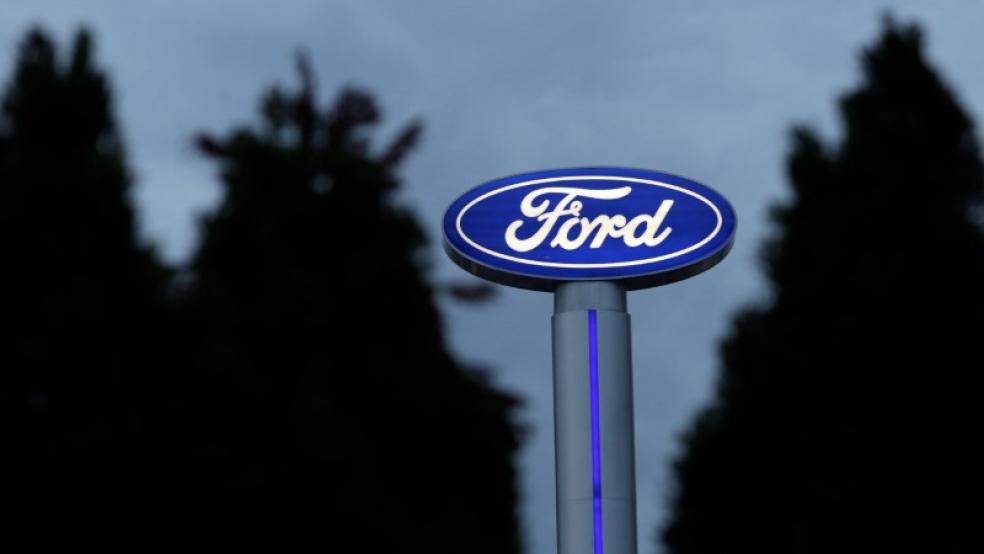WASHINGTON (Reuters) - The trial to determine if the U.S. Department of Justice can stop AT&T Inc's $85 billion purchase of media company Time Warner Inc will begin on March 19 with no decision expected before the companies' April 22 deadline to complete the deal, a federal judge said on Thursday.
Time Warner and AT&T, which is the No. 2 U.S. wireless company and also owns DirecTV, announced their deal in October 2016, but it was not until last month that the Justice Department sued AT&T to block the deal, arguing it could raise prices for rivals and pay-TV subscribers and hamper the development of online video. Judge Richard Leon said during a hearing on Thursday he would likely not have a decision by the deadline in the companies' merger agreement, but would rule in late April or May. The trial date is almost midway between the Feb. 20 date AT&T had requested and the U.S. government's preferred date of May 7.In a statement, AT&T’s General Counsel David McAtee thanked the court for its "expeditious approach" to the schedule. "We will promptly discuss the Court’s post-trial schedule with Time Warner," he said. "We are committed to this transaction and look forward to presenting our case in March."AT&T would have to pay Time Warner $500 million if the deal does not close by April 22. It is not unusual, however, for companies to extend the deadlines included in merger agreements.The next pre-trial hearing was set for Dec. 21.The fate of the deal has been widely followed because U.S. President Donald Trump criticized it on the campaign trail last year and has repeatedly attacked the reporting of Time Warner's CNN news network. Trump renewed his opposition to the deal last month."I think your pricing's going to go up, I don't think it's a good deal for the country," he said in November.It is not clear that Trump's comments will have an effect on the trial. "I don’t think it is a great idea to get into all of this (allegations of White House interference) because every deal raises different facts," said Andre Barlow of Doyle, Barlow & Mazard PLLC. "The court is going to decide this case based on the economic realities of the video distribution and content markets and not on President Trump’s public battle with CNN."Aside from interest generated by Trump, businesses are closely watching the case as a rare instance of an antitrust agency trying to prevent a company from buying a supplier.The government usually challenges companies that seek to merge only if they are direct competitors in an already concentrated market.Once in trial, AT&T will likely push a solution it hopes will be palatable to the judge, who will decide whether the deal may go forward. AT&T and Time Warner said in a court filing that Time Warner's Turner Broadcasting unit had offered its distributors licensing terms that forbid Turner from "going dark" for seven years after the deal closes if they reach an impasse in negotiations. Blackouts are a negotiating tool in carriage disputes between distributors and programmers.It is not unusual for companies facing a government challenge to respond with such a fix. In three cases since 2014, Sysco buying U.S. Foods, Staples buying Office Depot and Aetna buying Humana, the companies offered a fix but their deals were still deemed illegal by the judge hearing their case and the mergers were scrapped. (Reporting by Diane Bartz; Editing by Bill Rigby and David Gregorio)AT&T/Time Warner antitrust trial set for March

Edgard Garrido



